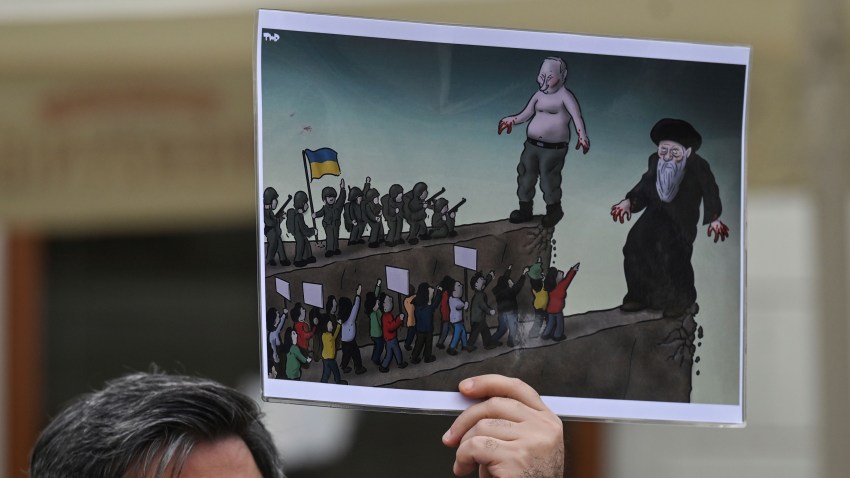There are few things more intimidating than an autocratic regime that is on the march. Whether it is Russian artillery laying waste to Ukrainian cities or Iranian Revolutionary Guard Corps operatives coordinating attacks by proxy forces across the Middle East, authoritarian regimes can generate a sense of irresistible momentum that fuels anxiety among more open societies. As they try to impose their authoritarian worldview by force, such regimes project an ideological aesthetic suffused with military masculinity that can exert a fascination on many in the wider world who share their contempt for the rule of law.
Yet if one looks at how these regimes are coping with social change, much of what initially seems unstoppable begins to look less ominous over time. Military aggression that puts democracies on the defensive in the present can be generated by regimes that are in fact struggling to manage domestic dysfunction undermining the future cohesion of their authoritarian states. In their efforts to mobilize finite resources to assert dreams of geopolitical greatness, such authoritarian regimes prioritize short-term tactical advantage even when such efforts exacerbate social fault lines.
This tension between the militarized pursuit of great power ambitions and the need to manage internal pressures has led to strategic dilemmas that autocratic leaders in Russia and Iran are struggling to resolve. Technocratic officials in Moscow have stabilized the Russian economy through a vast stimulus package designed to accelerate military production. However, the economic imbalances fueled by President Vladimir Putin’s quest to subjugate Ukraine are generating shortages of foodstuffs such as eggs and poultry, while businesses unable to access Western components struggle to manage complex supply chains.

